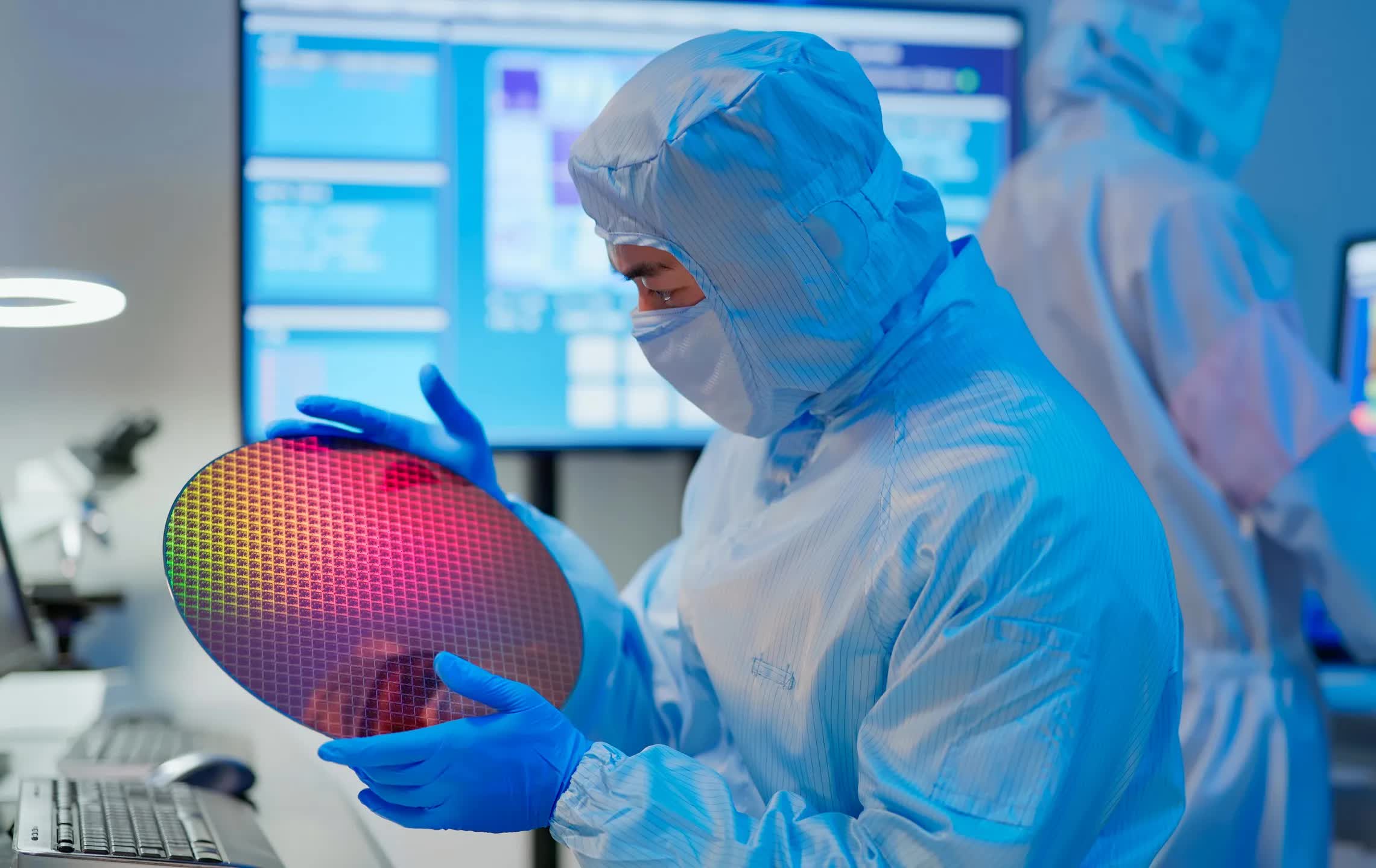TL;DR: The global semiconductor industry achieved extremely positive sales results in August. A new report from the Semiconductor Industry Association (SIA) says that worldwide semiconductor sales recorded a 20.6 percent year-over-year increase, with companies making $53.1 billion in revenue despite the shaky global economy and political climate.
According to the latest figures, most chip makers are seeing a recovery from the recent slump. Most regions have seen modest to remarkable rebounds compared to last year, with only the EU seeing a slowdown. These could be signs of a strong rebound thanks to cloud, AI, and auto-tech investments.
While the global semiconductor market is recovering, the SIA says the path to a chip business rebound differs for every continent. Sales in the Americas were $15.4 billion, up 43.9 percent compared to August 2023. This result could be the highest ever recorded for the continent, with companies making substantial hardware orders to build AI, cloud computing, and automotive applications.
The Asia-Pacific market grew by 17.1 percent to $10.95 billion, while China alone achieved a 19.2 percent increase and $13 billion in sales. Meanwhile, Japan increased sales by only two percent, with $4 billion in revenue. Despite organizing a funding initiative to boost its local semiconductor industry, Europe experienced a nine percent drop to $4.7 billion.

For the first time since October 2023, all continental markets returned to positive monthly numbers. The semiconductor industry is now in full recovery mode after dropping 11 percent last year, with rosy prospects thanks to the growing demand from AI corporations, automotive manufacturers, and other tech ventures.
The chip industry faces many challenges amid the certified growth. While US authorities have imposed significant technology bans on Western companies doing business in China, the Asian country is now retaliating with export restrictions on crucial semiconductor materials such as germanium and gallium.
Despite experiencing growing geopolitical tensions, the global semiconductor industry will likely continue growing thanks to locally-funded development programs.
The US Chips Act has funded several new manufacturing plants, with record investment levels in 2024 compared to previous decades. China, Japan, and other Asian powers are also subsidizing chip manufacturing initiatives, while Europe has yet to reap the benefits of its €43 billion Chips Act plan approved last year.
